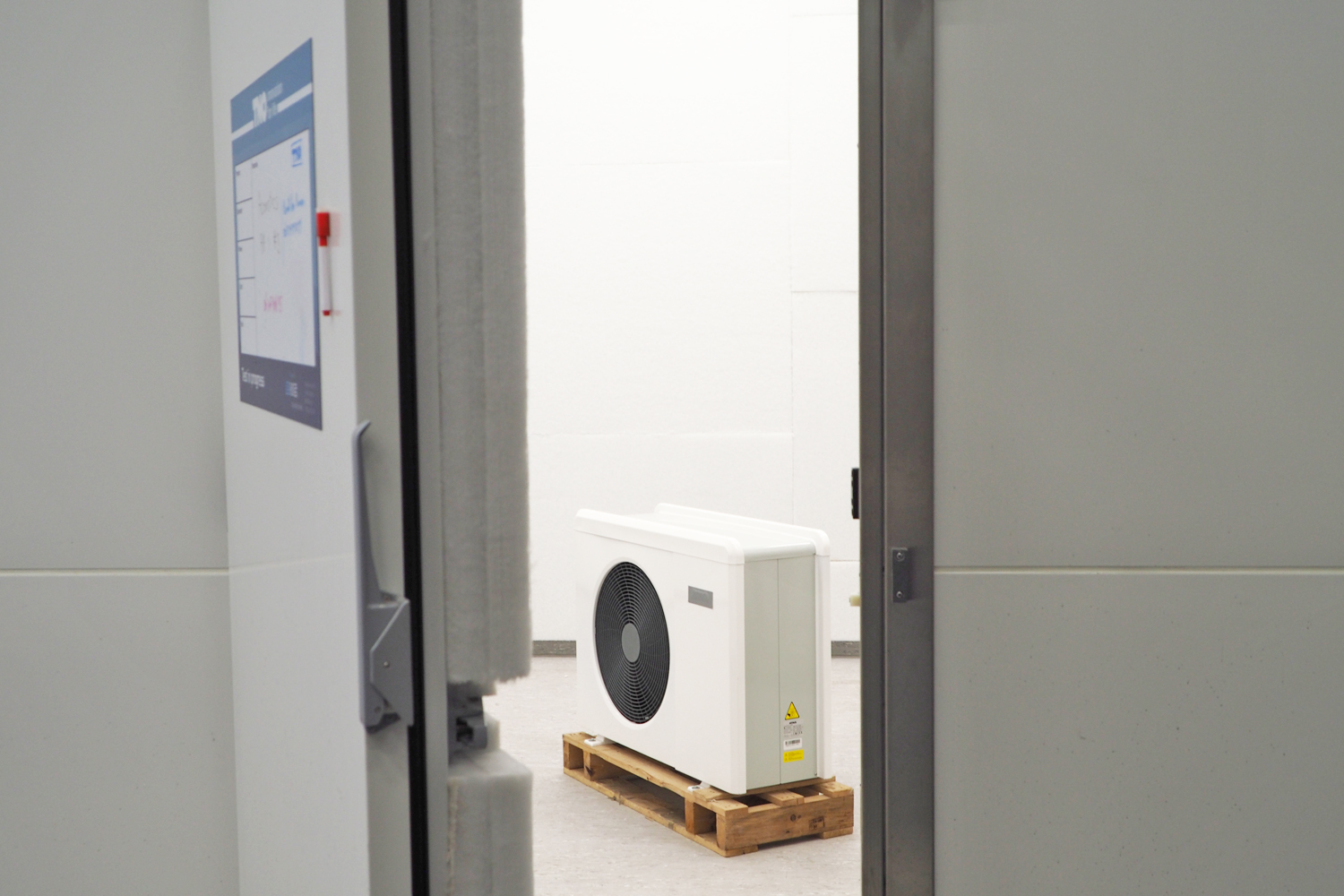The materials used in heat pumps harm the environment, NOS wrote earlier this year. TNO now reports that heat pumps are more environmentally friendly. How does this work?
How environmentally friendly is the energy-efficient heat pump? (Photo: Jos Wassink)
The Dutch news outlet NOS brought bad news (in Dutch) about the heat pump at the end of February: ‘The environmental impact of the materials in heat pumps turns out to be greater than thought. New calculations for the National Environmental Database shows this clearly. They show that the environmental impact of aspects like the production and recycling of the materials in heat pumps is 11 times higher than was thought.’
Delta contacted TNO heat pump specialist Richard Kemp, who had previously talked about the TNO Building Innovation Lab. Kemp declined to comment at the time. ‘There are plenty of discussions underway with stakeholders, so I can’t say anything about it right now,’ he emailed. ‘That may change once we have clarified some things.’
Over two months later, he presented a brand new TNO report (in Dutch) commissioned by the Ministries of the Interior and Economic Affairs in response to the NOS article. The Government is encouraging the installation of heat pumps to reduce both energy consumption and dependency on natural gas. It would be painful if that choice resulted in greater environmental damage. The Ministries therefore asked TNO to compare the environmental impact of the production and energy performance of central heating boilers and heat pumps.
Heat pumps win in the long run
TNO concludes that the general environmental impact of heat pumps is indeed greater than that of central heating boilers in terms of production, maintenance and waste disposal. But this impact is more than offset in the usage phase by much lower natural gas consumption.
‘As the electricity supply becomes greener, the environmental benefit of heat pumps further increases’, Kemp states in an explanation. With the current grey energy mix, CO2 emissions with average heating behaviour in the reference house are 2,900 kg/year with a central heating boiler and 1,300 kg CO2/year with a heat pump. But with green power, it drops to 150 kg/year for the heat pump. So as the carbon footprint per kilowatt hour drops, the environmental benefit of the heat pump grows.
Leakage of commonly used refrigerants with a strong greenhouse effect can still cause heat pumps to have a large negative environmental impact. Regulations are forcing manufacturers to use less harmful refrigerants, with propane (a simple hydrocarbon) causing the least CO2 equivalent.
It was a quick literature review, write Kemp and the other authors. But because they were cautious in their assumptions, they expect that a more detailed study will not lead to a different conclusion than that the heat pump will eventually have a much lower environmental impact than a central heating boiler. The Ministries can get on with their policy.
- Read more about the TNO heat pump lab
Do you have a question or comment about this article?
j.w.wassink@tudelft.nl


Comments are closed.